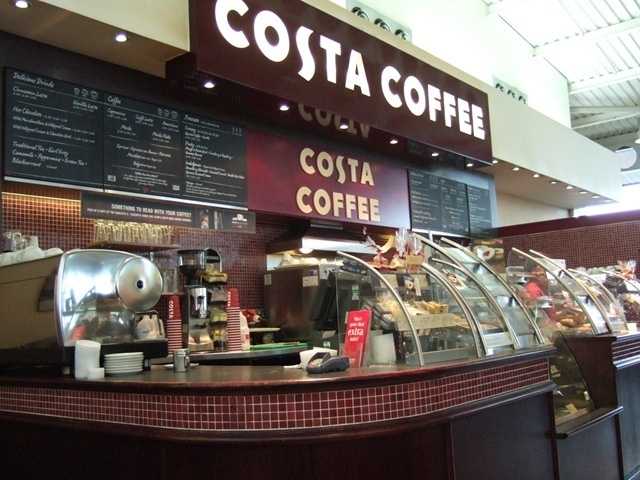LONDON, UK – Project Café Europe 2019 – Allegra World Coffee Portal’s comprehensive report on the diverse European coffee shop market, spanning 24 key markets, reveals that the branded coffee shop market in the old continent has grown by 6% in 2018 to reach a total of 33,745 outlets. Allegra forecasts the sector to exceed 42,000 outlets by 2023.
The UK leads Europe with the greatest expansion of outlets, but Brexit uncertainty on labour shortages and rising costs casts a shadow over the next 12 months.
Key Findings
- European branded coffee shop market reaches 33,745 outlets, representing 6% annual growth
- Allegra forecasts European branded coffee shop market to reach 42,000 outlets by 2023, displaying 5-year growth of 4.8% CAGR
- UK leads Europe with greatest expansion of outlets, but Brexit uncertainty on labour shortages and rising costs casts shadow over next 12 months
- 23 out of 24 national European markets exhibit branded coffee shop outlet growth
- More than half of industry leaders believe like-for-like sales will outstrip GDP in their country over the next 12 months
Costa Coffee, Starbucks and McCafé hold nearly a quarter of European market share
Costa Coffee is Europe’s largest branded chain, holding 8.7% market share with 2,923 stores across 12 markets, the majority of which are in the UK. The second largest operator, Starbucks, has just over 2,600 stores but is present in twice the number of European countries than the market leader. McCafé is the third-largest branded coffee chain, with 2,376 outlets across 17 national markets, representing 7% market share. Together these chains comprise nearly a quarter of the total European branded coffee shop market.
Romania, Denmark and Cyprus set the pace as fastest-growing European markets in 2018
Eastern European consumers are rapidly adopting coffee shop culture, with Romania exhibiting the continent’s strongest annual outlet growth rate of 25.1%. Eastern European leaders are also the most positive about trading conditions in their country, with Poland also enjoying robust outlet growth.
Denmark’s branded chains appear to be gaining ground in a challenging at-home coffee culture with annual outlet growth of 14.5% – the second-highest in Europe. Cyprus is the third fastest-growing market, at 11.2%, bucking industry concerns over economic and political uncertainty in southern Europe.
Brexit impasse brews trouble for Europe’s flagship coffee shop market
The UK remains Europe’s most developed coffee shop market, with a burgeoning crop of 5th Wave operators driving innovation and influence across the continent. Ongoing uncertainty regarding the UK’s future relationship with Europe continues to frustrate planning and investment, with labour shortages, rising costs and diminishing consumer confidence causing serious concern among coffee businesses.
Location, quality and atmosphere cited as key areas for coffee shop success
The majority of industry leaders surveyed by Allegra cite good location as having the greatest impact on coffee shop performance, with coffee quality and store atmosphere ranking second and third place. Over a third of industry leaders surveyed indicated high rents and property costs as the major challenges to their business, making these the top concerns among European businesses in 2018.
Italy is the only country in Europe where a majority of industry leaders believe traditional coffee culture is impeding branded chain growth. Market-wide adoption of premium café concepts will, however, likely be catalysed by the gradual arrival of international branded chains, such as Starbucks, which entered the market in September 2018.
Commenting on the research, Allegra CEO, Jeffrey Young said:
“The European coffee shop sector continues to perform well, with healthy growth recorded in a vast majority of national markets and adoption of contemporary café culture now widespread. However, the future of the UK coffee shop market, Europe’s most developed, is a key concern as businesses grapple with volatile trading conditions and dampened consumer confidence generated by sustained Brexit uncertainty.”


















